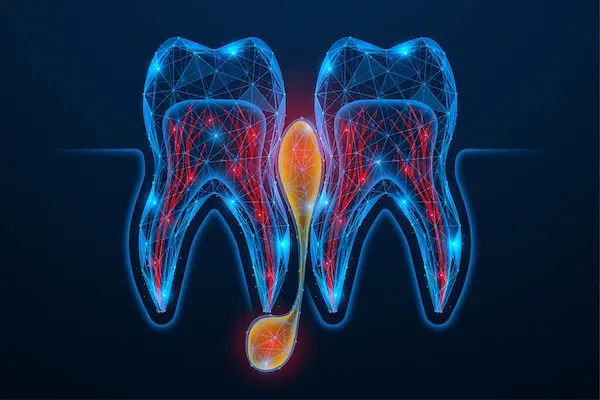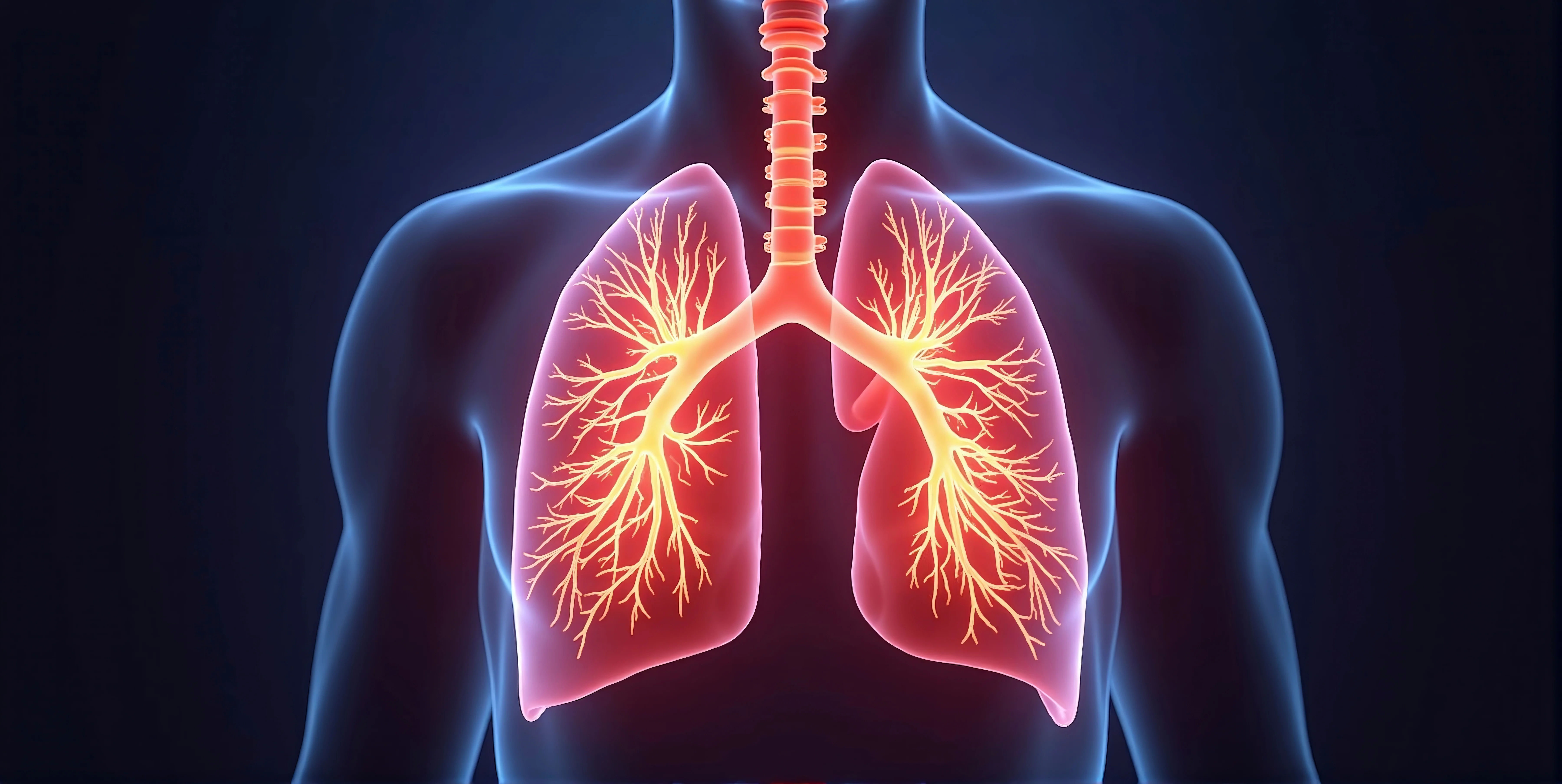Diabetes Symptoms Specific to Women
Learn about diabetes symptoms unique to women, including hormonal changes, urinary infections, PCOS links, and how early detection can improve health outcomes.

Written by Dr. Vasanthasree Nair
Reviewed by Dr. Dhankecha Mayank Dineshbhai MBBS
Last updated on 26th Aug, 2025

Diabetes is a chronic condition that affects millions of people worldwide, but did you know that women may experience some unique symptoms compared to men? Recognizing these signs early can help in timely diagnosis and better management of the condition. If you or a loved one is experiencing any of these symptoms, it’s important to consult a healthcare professional.
Common Diabetes Symptoms in Women
While many diabetes symptoms are similar in both men and women, women may experience certain gender-specific signs due to hormonal differences and reproductive health factors. Here are some key symptoms to watch out for:
1. Frequent Urinary Tract Infections (UTIs) and Yeast Infections
Women with diabetes are more prone to infections, particularly urinary tract infections (UTIs) and vaginal yeast infections. High blood sugar levels create an ideal environment for bacteria and yeast to grow, leading to recurrent infections. Symptoms include,
Burning sensation while urinating (UTI)
Itching, soreness, or unusual vaginal discharge (yeast infection)
2. Polycystic Ovary Syndrome (PCOS) Connection
PCOS is a hormonal disorder that increases insulin resistance, raising the risk of type 2 diabetes. Women with PCOS may experience,
Irregular periods
Excessive facial or body hair
Weight gain
Difficulty conceiving
If you have PCOS, monitoring blood sugar levels is crucial to prevent diabetes.
3. Sexual Dysfunction
Diabetes can affect blood circulation and nerve function, leading to sexual health issues such as,
Vaginal dryness
Reduced libido
Pain during intercourse
4. Gestational Diabetes Symptoms
Some women develop diabetes during pregnancy (gestational diabetes). Warning signs include,
Excessive thirst and hunger
Frequent urination
Fatigue
Blurred vision
Gestational diabetes usually resolves after childbirth, but it increases the risk of type 2 diabetes later in life.
5. Unusual Weight Changes
Unexplained weight loss (type 1 diabetes) or weight gain (type 2 diabetes) can be a sign of diabetes in women.
6. Skin Changes
Women with diabetes may notice,
Dark, velvety patches on the neck, armpits, or groin (acanthosis nigricans)
Dry, itchy skin
Slow-healing wounds
Consult Top Diabetologist
Why Are Women More at Risk?
Women may be at higher diabetic risk due to the following conditions,
Hormonal fluctuations (menstruation, pregnancy, menopause) can affect blood sugar levels.
Higher body fat percentage increases insulin resistance.
Autoimmune factors make women more prone to type 1 diabetes.
How to Manage Diabetes as a Woman
Below are a few ways mentioned to manage diabetes as a woman.
1. Monitor Blood Sugar Regularly
Keeping track of glucose levels helps in adjusting diet, exercise, and medications.
2. Maintain a Balanced Diet
Women can maintain a balanced diet by following ways,
Eat fiber-rich foods (vegetables, whole grains).
Limit sugary and processed foods.
Choose lean proteins and healthy fats.
3. Stay Active
Regular exercise improves insulin sensitivity. Aim for at least 30 minutes of moderate activity daily.
4. Manage Stress
Stress hormones can raise blood sugar levels. Practice relaxation techniques like yoga or meditation.
5. Regular Health Check-ups
Visit your doctor for routine screenings, especially if you have PCOS or a history of gestational diabetes.
When to See a Doctor?
A doctor should be consulted if you experience,
Frequent infections
Unexplained fatigue or weight changes
Blurred vision or excessive thirst
Irregular periods or fertility issues
Early diagnosis and treatment can prevent complications like heart disease, nerve damage, and kidney problems.
Need Help? Book a Consultation Today!
If you suspect diabetes or need expert advice, Apollo 24|7 offers easy online consultations with specialists. Schedule a test or speak to a doctor today for personalized care.
Conclusion
Recognizing diabetes symptoms specific to women is essential for early diagnosis and effective management. Understanding how diabetes uniquely affects women empowers them to seek timely medical care, manage their condition proactively, and reduce long-term health risks. Awareness is the first step toward better health outcomes.
Consult Top Diabetologist
Consult Top Diabetologist

Dr Syed Mateen Pasha
General Physician
2 Years • MBBS
Bengaluru
PRESTIGE SHANTHINIKETAN - SOCIETY CLINIC, Bengaluru

Dr. Anand Ravi
General Physician
2 Years • MBBS
Bengaluru
PRESTIGE SHANTHINIKETAN - SOCIETY CLINIC, Bengaluru

Dr. Johnson. S
General Practitioner
7 Years • MBBS MD(Preventive and social Medicine)
Pune
Apollo Clinic, Nigdi, Pune
Dr.rohit Afroz
General Physician
2 Years • MBBS.,MD (General Medicine)
Hyderabad
Apollo Sugar Clinic alkapuri colony, Hyderabad

Dr. Dhanraj K
General Physician/ Internal Medicine Specialist
25 Years • MBBS, MD Internal Medicine - Osmania Medical College, Hyderabad
Hyderabad
Apollo Hospitals Jubilee Hills, Hyderabad
(400+ Patients)




